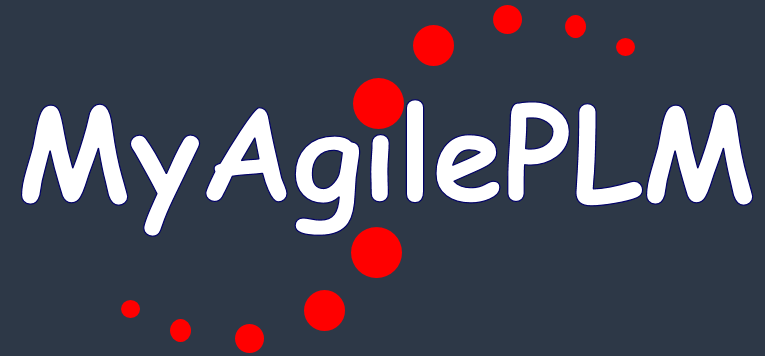The Ethics Economy1 has become essential for companies to understand in order to have sustainable growth and success. Consumers are paying attention to who is making a difference through trustworthy business practices. This phenomenon adds complexity to corporate social responsibility (CSR) putting trust at the core of what is important to consumers. As a result, the topic of ethics-as-a-business metric is already a debate in many industries.
According to an Accenture study, in order to successfully integrate this ethics metric into an organization, companies must address general mistrust associated with validating product information1. One place companies can make a difference for future impact is within supply chains. Verifying every step of a supply chain is essential to this effort. Consumers want the truth about where a product is sourced and how it is made. It is critical to verify product authenticity and condition as it changes hands between every partner in the supply chain in order to meet these standards. This concept is also referred to as product lineage or provenance.
Building trust across supply chains can be complex and potentially expensive. Blockchain is a solution that can handle these complexities while reducing costs. It records, monitors, and organizes ecosystem data in a transparent and immutable way2. Although this solves many problems, blockchain technology is still in its infancy. Many companies offer solutions to solve supply chain problems, however they often lack transparency, immutability, improved communication, and security. Blockchain addresses all of these problems and more by leveraging modern peer to peer technology.
It’s important to find a trusted partner with industry expertise and enterprise capabilities that uses embedded blockchain technology to address specific use cases. If development costs can be reduced with prebuilt and pre-established integration, all the better. Oracle Intelligent Track and Trace first solves the problem of supply chain visibility by monitoring business transactions across organizations. With each recorded transaction, data flows into a distributed ledger and members of the network can have visibility in a multi-tiered supply chain.
The next evolution of this application encompasses the serialization and identification for each product’s provenance and lineage. Where was it grown? Where was it manufactured? Is it authentic or pure? Tracking pedigree, serialization, and genealogy of product components can be accomplished using blockchain technology, oftentimes in combination with edge technologies (e.g. Internet of Things). Trade partners will benefit from gained trust and transparency as the volume of counterfeit goods can be reduced and customer satisfaction can be improved or even guaranteed.
As customers expect more, partners in global supply chains will need to evolve and leverage modern technology. Oracle Intelligent Track and Trace is one such solution that enables tracking of goods in real time and tracing its path from the past. It can also monitor the authenticity of items by applying product lineage and provenance capabilities.
To learn more and stay engaged with emerging technologies and trends including track and trace and product lineage and provenance, make it your new year’s resolution to mark your calendar and register to attend one of Oracle’s many global events including Oracle OpenWorld conferences and Modern Business Experience.
Sources:
2 – Oracle Supply Chain Blog https://blogs.oracle.com/scm/5-elements-of-a-successful-supply-chain-provenance-strategy


Be the first to post a comment.